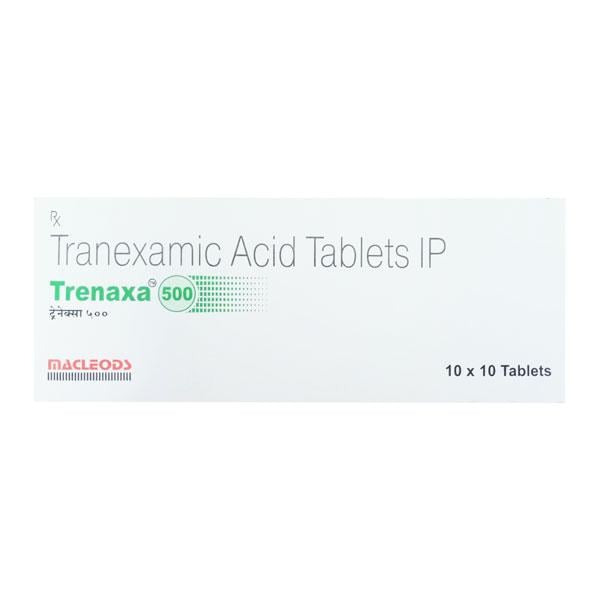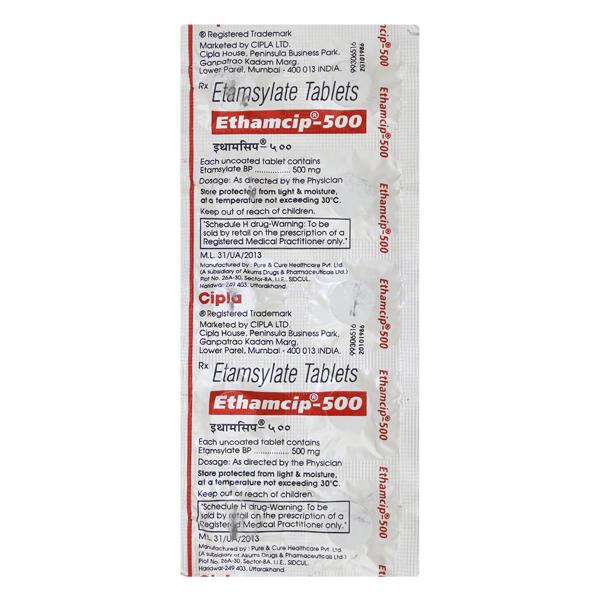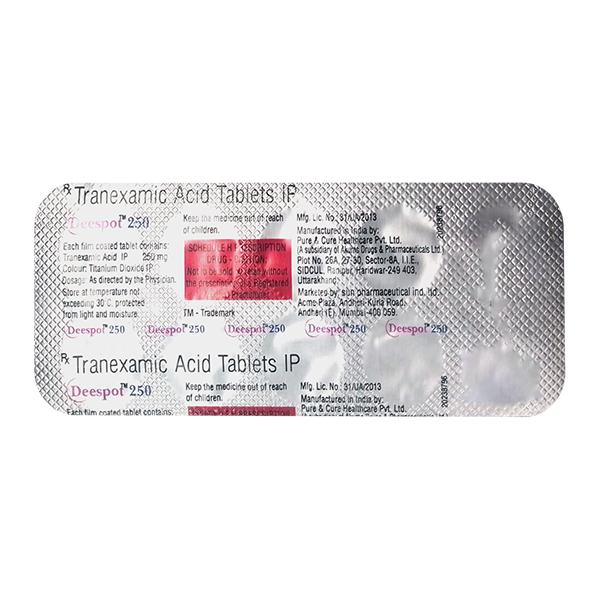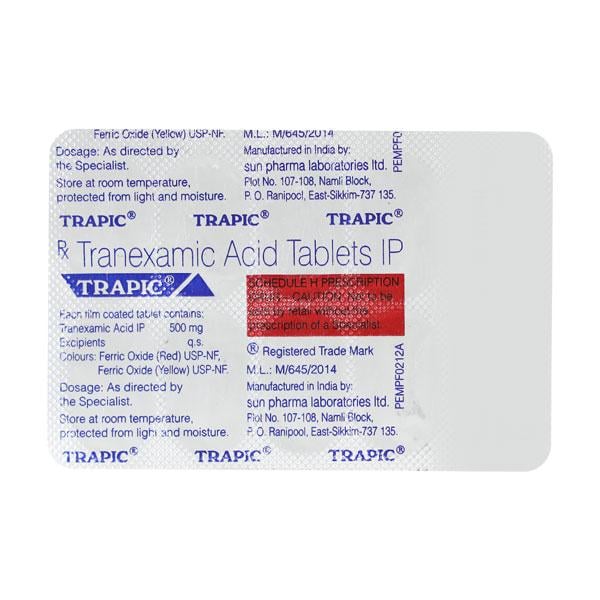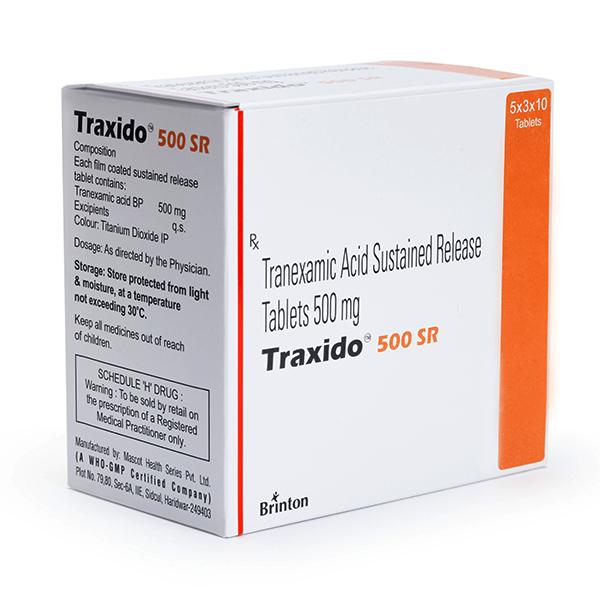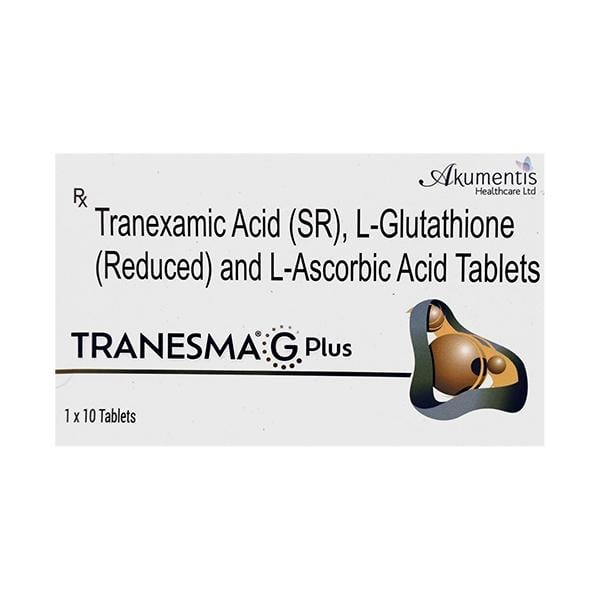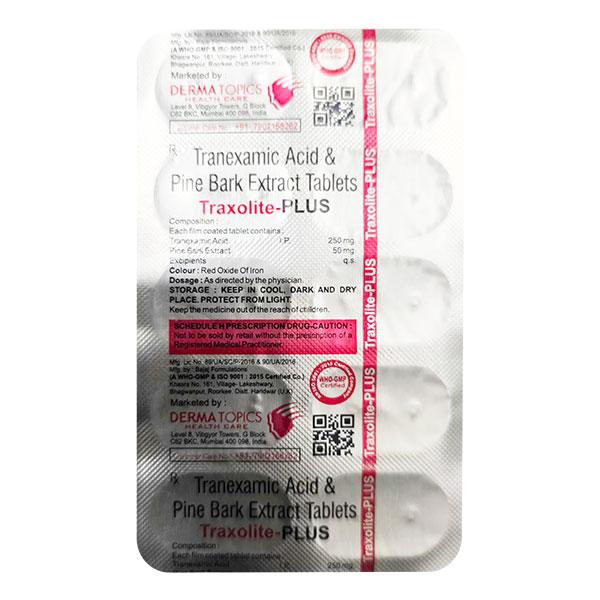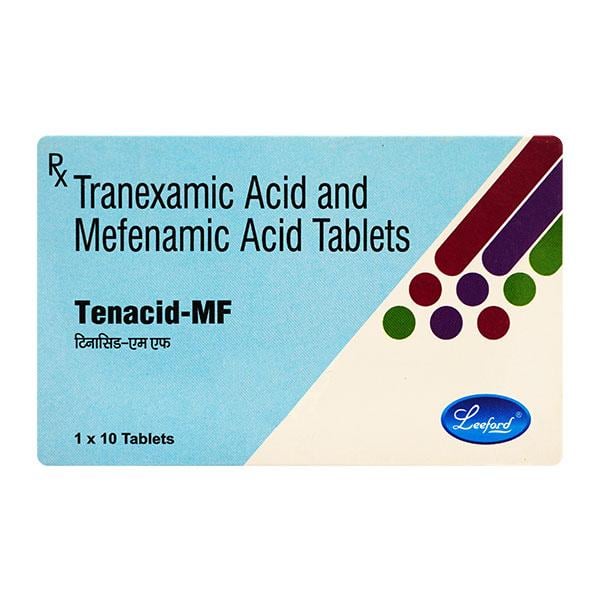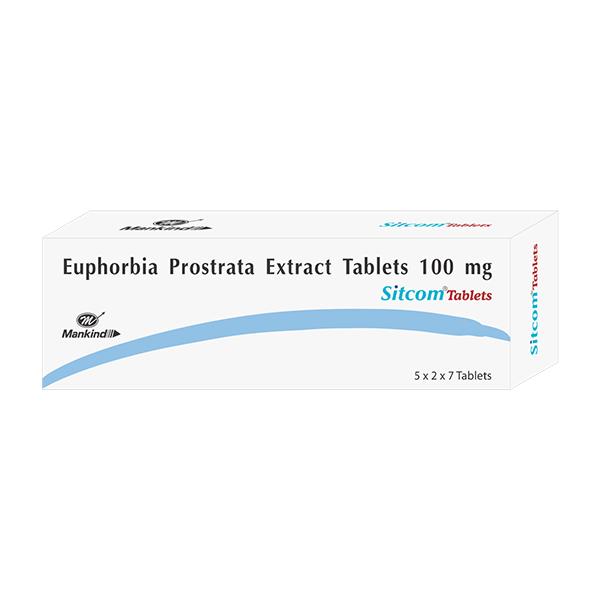


Bleeding Disorders Medicines
Showing results in 'Bleeding Disorders Medicines'
Bleeding Disorders - Overview
Bleeding disorders are medical conditions that impair the body's ability to form blood clots or control bleeding. The most common bleeding disorders include haemophilia, von Willebrand disease, and platelet function disorders. The conditions can cause excessive bleeding after injuries or surgeries, as well as spontaneous bleeding episodes. Symptoms may include prolonged bleeding, easy bruising, and bleeding into joints or internal organs. Treatment options may include medications for bleeding, clotting factor replacement therapy, and lifestyle modifications.
Types Of Bleeding Disorders
The following are some of the most common types of bleeding disorders that can affect a person:
- Genetic Disorders: Haemophilia A and B are genetic disorders where the body lacks certain clotting factors.
- Abnormal Functioning of blood cells: Platelet disorders, involve abnormal functioning or low levels of platelets, which are important for blood clotting.
- Factor Deficiencies: Factor deficiencies, such as von Willebrand factor, factor V and factor VII deficiencies, can also lead to bleeding disorders.
- Other conditions: Acquired bleeding disorders can be caused by medications,liver disease, or certain cancers.
Usage of Medicines for Bleeding Disorders
Your doctor may prescribe specific tablets depending on the condition and severity of the bleeding disorder. In some cases, clotting factors (proteins) may be administered to help blood clot properly. For people with haemophilia, recombinant clotting factors or plasma-derived clotting factors may be used to replace the missing clotting factor. For people with von Willebrand disease, von Willebrand factor replacement therapy may be used. Anti-fibrinolytic medications can be prescribed to prevent the breakdown of blood clots. It is essential for a specialist to oversee your treatment.
References:
- https://www.ncbi.nlm.nih.gov/books/NBK541050/#:~:text=Hereditary%20bleeding%20disorders%20occur%20due,deficiency)%20and%20von%20Willebrand%20disease.
- https://www.nhlbi.nih.gov/health/bleeding-disorders/types
- https://www.hematology.org/education/patients/bleeding-disorders
- https://www.hemophilia.org/bleeding-disorders-a-z/overview/what-is-a-bleeding-disorder
- https://www.cdc.gov/ncbddd/blooddisorders/women/symptoms.html


